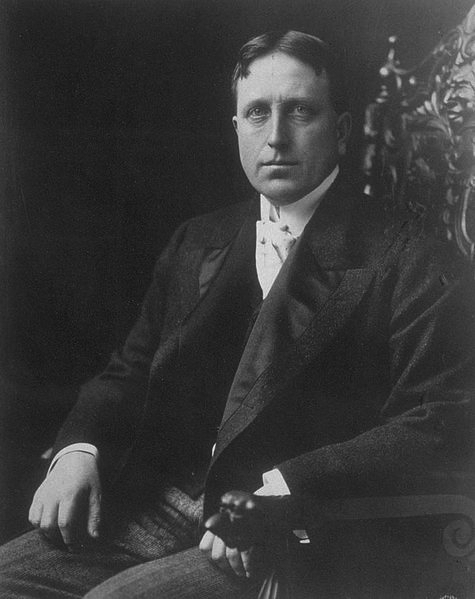
News rooms buzz with activity. An air of frenzy is tangible in the room. Is this derived from the stress of fact-checking and pressure to avoid publishing anything that is too biased, or is it from the stress of meeting a deadline? Too many news outlets plague the United States with staunchly political views on both sides of the political spectrum. Examples would be how Fox News defends the conservative perspective while the Huffington Post is noticeably liberal. When newspapers or journalists are biased in their reporting, they fail to provide adequate representation to an opposing viewpoint that they disagree with.
Journalism has continued to be a vital in the United States culture since the 13 colonies in North America gained independence from Britain and declared themselves the United States of American. Early newspapers did not often practice objectivity, but by the early 1900’s, newspapers and journalists started practicing objective news gathering and muckraking, the action of exposing scandalous behavior. Because of this, people began reading several newspapers a day, which shows that people were more interested in reading the news when more newspapers could be relied on to deliver the truth.
In the 1890s, yellow journalism arose as a type of reporting that dramatized and exaggerated events and issues. This type of journalism done by Joseph Pulitzer and William Hearst influenced the United States—through fabricated accounts of events—into initiating the Spanish-American War. The media has a large influence over the public, and when the ethical journalistic standards of integrating multiple perspectives and objective writing are not fulfilled, it can create issues as large as wars with other countries.
In her book Personal History, Katharine Graham quotes her husband, a former publisher of the Washington Post, as saying, “[A] newspaper must be a successful commercial enterprise in order to survive. Yet, the publisher must realize that he has obligations which transcend any commercial interest”(184). The obligation Graham discussed is delivering unbiased news to the public. There are many factors that can inhibit objective news reporting, such as conflict of interest and commercial incentive, but it is the responsibility of journalists to elucidate the facts for the public so that citizens can make informed decisions.
Sitting across from news reporter and former politician, Mike Huckabee, the current United States President, Donald Trump, used the word “fake” to describe news that he didn’t agree with in the first months of his presidency. Later, he told a reporter with CNN that he would not answer his questions because CNN is “fake news”—a term he unrightfully claims to have coined. With this increased usage of the term, it is imperative for news organizations to practice objective reporting so that the credibility of all news is not lost.
Jennifer Jett, an editor for the New York Times, tells the Franklin Post that it’s important for people to, “[g]et their news from a wide variety of trusted sources that expose them to diverse viewpoints.” While it is nearly unfeasible for a journalist to be utterly objective in their reporting, it is important to try. “Objectivity is a complex concept, but one that is fundamental to ethical journalism” Jett adds. It is the responsibility of all journalists to strive for objectivity. Objective news reporting is crucial in the United States because citizens depend on news outlets to provide them with all the facts of the event. Therefore, when they receive only one side of the story, they accept that as being the whole truth of the situation, damaging the United States’ democracy. Lack of information and diversity of perspectives in the media can only inhibit the public from making educated decisions.
































